David Damby
Biography
David Damby completed his PhD on the ‘Respiratory Hazard of Dome-Forming Eruptions’ funded by the Moyes Memorial Foundation. Dome-forming eruptions emit particularly fine-grained volcanic ash which can travel deep into the lungs when breathed in. Once inhaled, it can cause damage and disease or worsen existing health problems. For his research, David studied a selection of volcanoes in South Asia and Central America because of wide concern over the health hazard of ash to communities due to population density and limited access to health care.
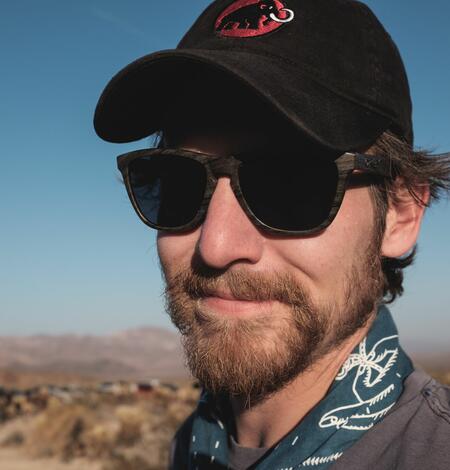
Research:
Respiratory Hazards from Volcanic Eruptions in South Asia and Central America
David and his research team believe that the toxicity, or how harmful the ash is to humans, depends on the type and style of the eruption, especially how much crystalline silica is produced. Crystalline silica is highly toxic if breathed in causing the respiratory disease ‘silicosis’, characterised by inflammation and scarring of the lungs. Fortunately, David found that ash from all locations studied was less toxic than expected. In some cases, like the 2010 eruption of Mt Merapi in Indonesia, ash posed little immediate danger to respiratory health because it took place during the country’s rainy season, which prevented ash particles from staying in the atmosphere for a long period of time.
Volcanic ash is not only a health hazard during an eruption but also as it persists in the environment. Deposits of erupted material are used for construction and agriculture, putting workers exposed to the ash through inhalation at risk. The toxicity of volcanic ash depends on a number of different factors such as the size and composition of the ash particles and duration of exposure.
In his research, David investigated the hazard posed by the presence of silica crystals as well as other minerals and metals that could inhibit the toxic effects of the ash. Yet because breathing in volcanic ash could combine with pre-existing conditions such as asthma or even man-made pollution and smoking, precaution may be the best policy to prevent or avoid potentially detrimental health effects from volcanic ash.
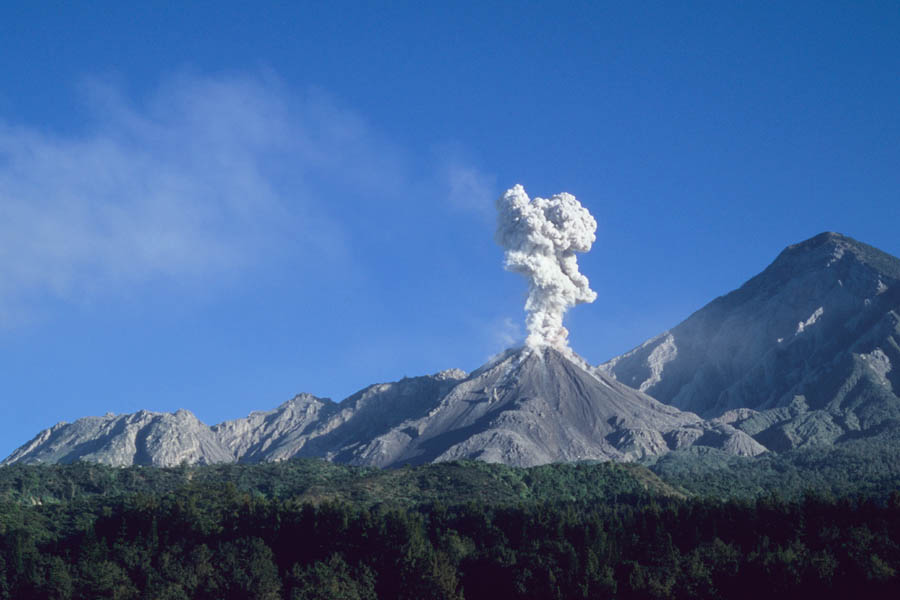
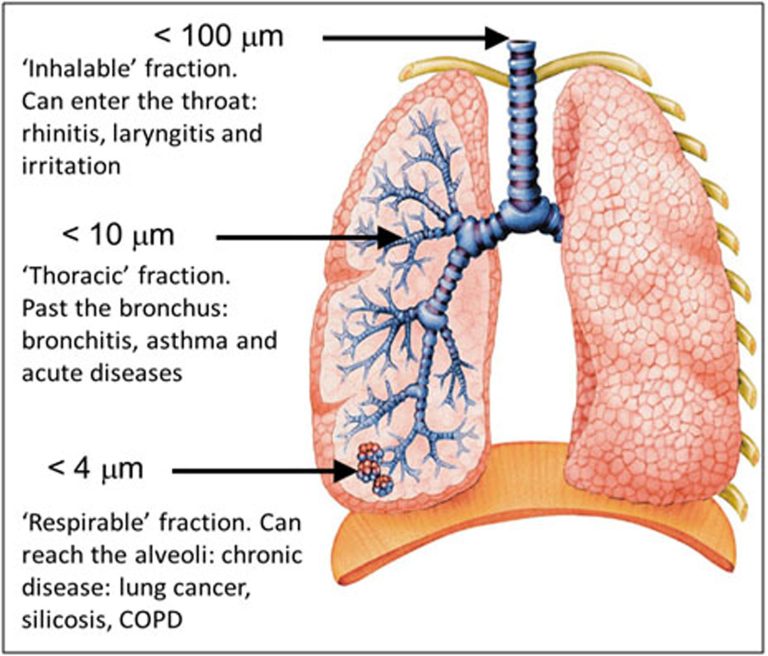
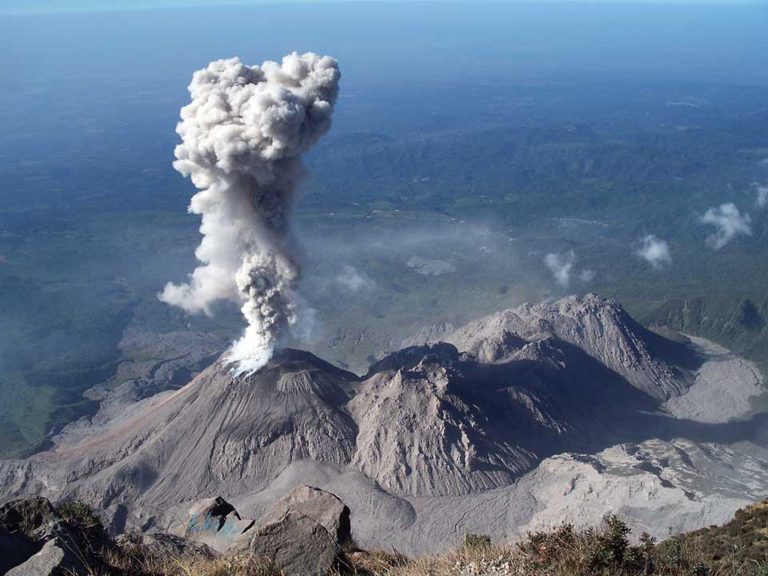
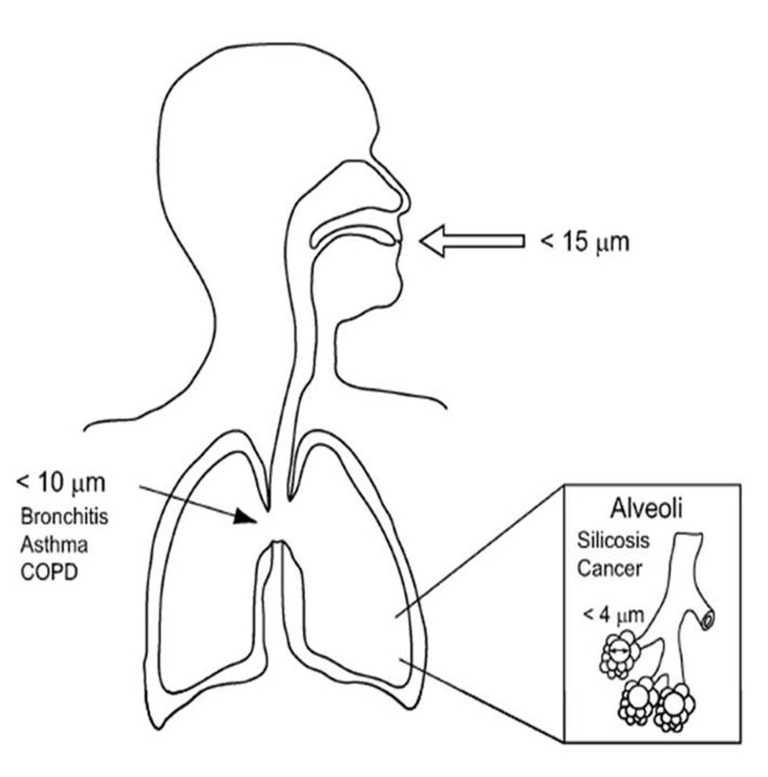
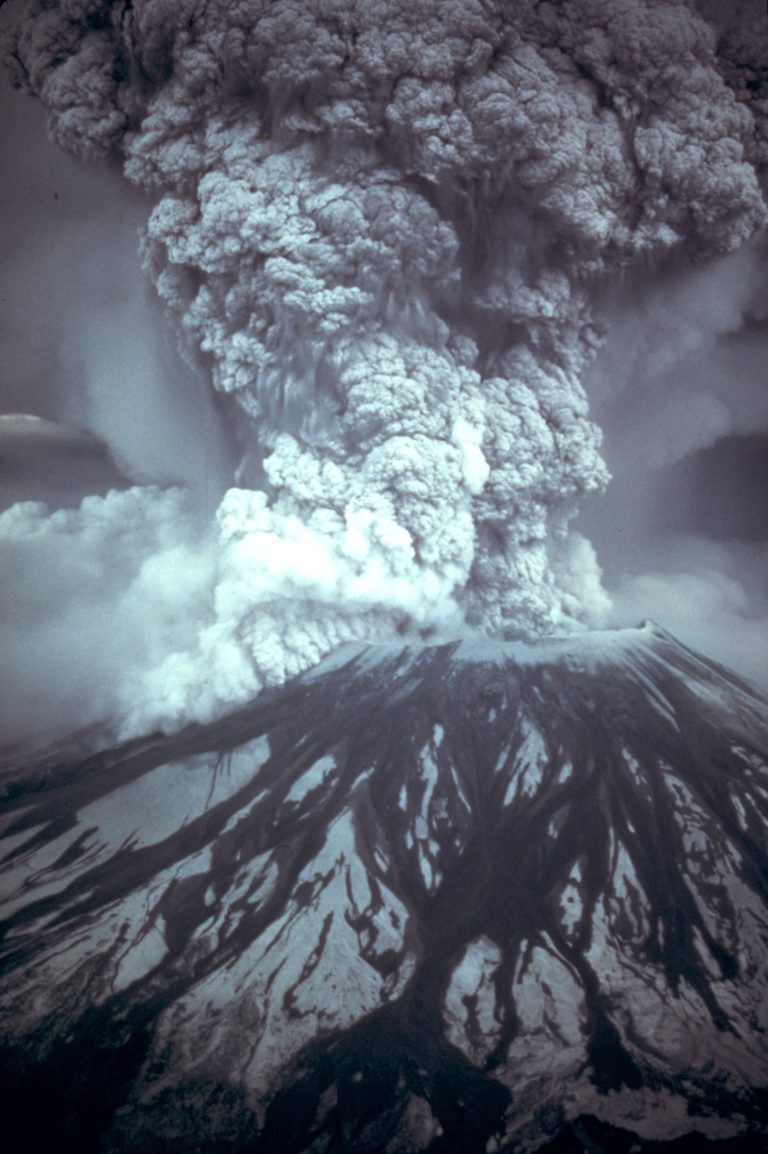
For more about David’s research:
- Investigating Volcanic Health Hazards
- International Volcanic Health Hazard Network
- The nature and formation of cristobalite at the Soufrière Hills volcano, Montserrat: implications for the petrology and stability of silicic lava domes. Bulletin of Volcanology
- Damby, D. E., Horwell, C. J., Baxter, P. J., Delmelle, P., Donaldson, K., Dunster, C., Fubini, B., Murphy, F.A., Nattrass, C., Sweeney, S., Tetley, T.D., & Tomatis, M. (2013) ‘The respiratory health hazard of tephra from the 2010 Centennial eruption of Merapi with implications for occupational mining of deposits’. Journal of Volcanology and Geothermal Research, 261, 376-387
- Damby, DE; Llewellin, EW; Horwell, CJ; Williamson, BJ; Najorka, J; Cressey, G; Carpenter, M. (2014). The alpha-beta phase transition in cristobalite from volcanic ash. Journal of Applied Crystallography. 47:4.
